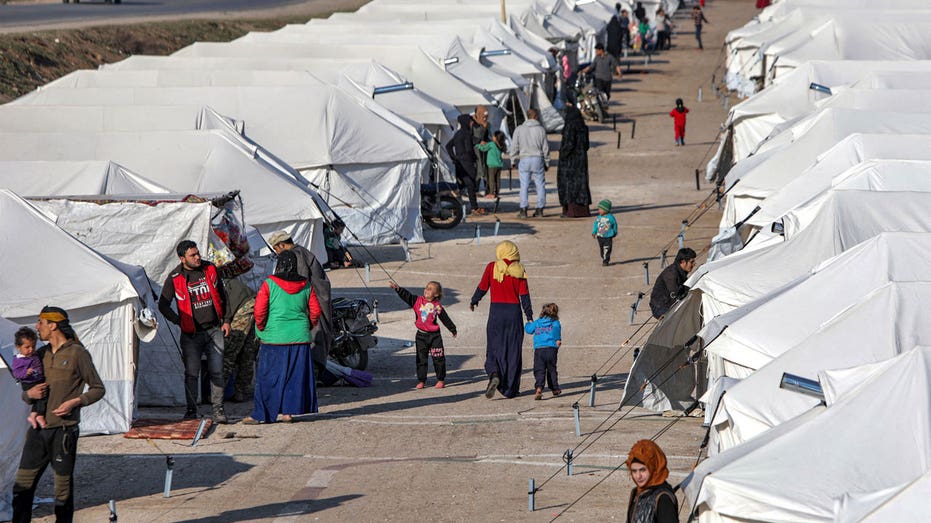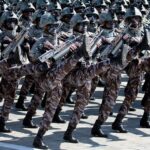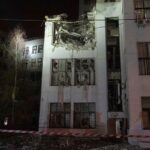Syrian President Bashar Assad visited the Gulf nation of Oman on Monday on his first official visit since the deadly Feb. 6 earthquake, his office said.
Oman is one of a few Arab countries that kept normal relations with Damascus after Syria was suspended from the Arab League in 2011 over its crackdown on Arab Spring protests.
The magnitude 7.8 earthquake which struck Feb. 6 has killed nearly 45,000 people in Turkey and Syria and has brought a further thawing in relations between Assad and other Arab states.
Assad’s office said that during the visit, the president was received by Sultan Haitham bin Tariq, Oman’s leader.
It quoted Assad as saying that Oman preserved “its balanced policies and credibility” adding that the region needs the role of Oman to strengthen relations between Arab countries based on “mutual respect and noninterference in other countries’ affairs.”
In the past few years, Assad has visited Russia, Iran and the United Arab Emirates.
ISRAEL ATTACKS IRANIAN TARGETS IN SYRIA AS SHADOW WAR HEATS UP BETWEEN THE TWO ADVERSARIES: REPORT
Since the quake, United Arab Emirates Foreign Minister Abdullah bin Zayed Al Nahyan met with Assad, while other Arab countries that had cut relations with Syria during the war — most notably Saudi Arabia and Egypt — have delivered aid to Damascus.
Jordan’s foreign minister met last week with Assad in Damascus, the first Jordanian official to visit since the beginning of the conflict.
In 2020, Oman sent an ambassador to Syria after an eight-year hiatus making Oman the first Gulf Arab state to reinstate its ambassador to Syria since the eruption of the country’s conflict.
In 2012, Oman and other Gulf Arab countries withdrew their ambassadors in protest of the Syrian government’s violent suppression of a year-old uprising. Other Arab states shuttered their embassies but Oman, known for its neutrality and diplomacy between regional foes, kept its open throughout the years of conflict.
Syria was expelled from the 22-member Arab League in 2011, and Arab countries have sanctioned Damascus and condemned its use of military force against the opposition.










